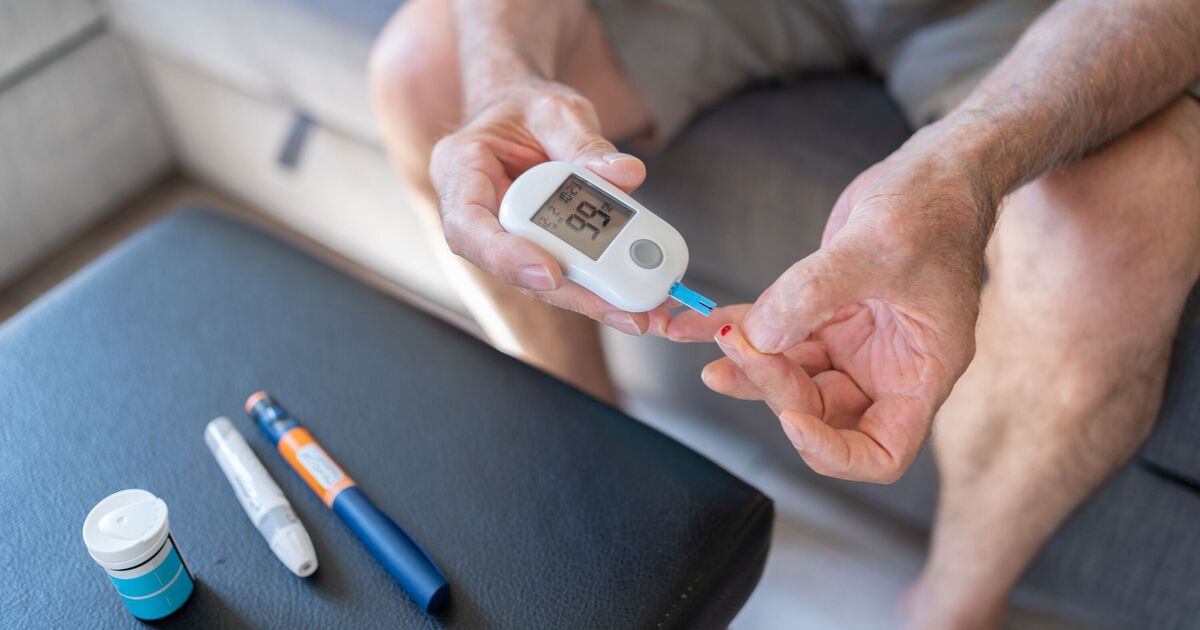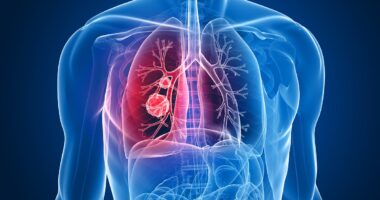Nine in 10 adults are increasing their risk of diabetes, heart disease or bowel cancer by not eating enough fibre, experts found.
Fewer than one in 10 are consuming the recommended daily amount – and two thirds of those quizzed as part of the research did not know what dietary fibre actually is.
Just 36 per cent were able to pick out the correct definition, which is “a type of carbohydrate that humans can’t digest”.
A lack of fibre in the average diet can lead to a greater risk of developing type two diabetes, cardiovascular disease and bowel cancer in later life, nutritionists say.
But the recommended daily intake – only 30 grams – is being missed by most adults and children, the findings show.
The report’s author, Bristol GP Dr Gill Jenkins, whose special interest is lifestyle diseases, said: “Fibre helps us to manage our blood sugar and blood cholesterol levels.
“It feeds the good bacteria in our gut and encourages toxins to move through our digestive system and out of the body.
“It also prevents overeating by helping us feel fuller after meals. So not getting enough fibre in adulthood can have several major effects on health.”
She added: “This survey highlights the public’s lack of knowledge about the benefits of fibre and why we all need to get more into our diets.”
Glasgow dietitian and co-author Dr Carrie Ruxton said: “The public’s hazy knowledge of dietary fibre intake poses a real public health problem, as poor diet is behind 11 million deaths worldwide every year – and more than 600,000 of these are directly linked to low-fibre diets. It is quite staggering that around one in 10 deaths from bowel cancer or heart disease globally are simply due to a lack of fibre, so it could easily be fixed.
“Increasing fibre by just 10g a day – the equivalent of three servings of fruit – has been shown to cut heart disease risk by 15 per cent, and bowel cancer risk by 13 per cent.”
The poll of over 1,000 British adults aged 18 to 75 was carried out by General Mills, makers of the supplement FibreOne.









